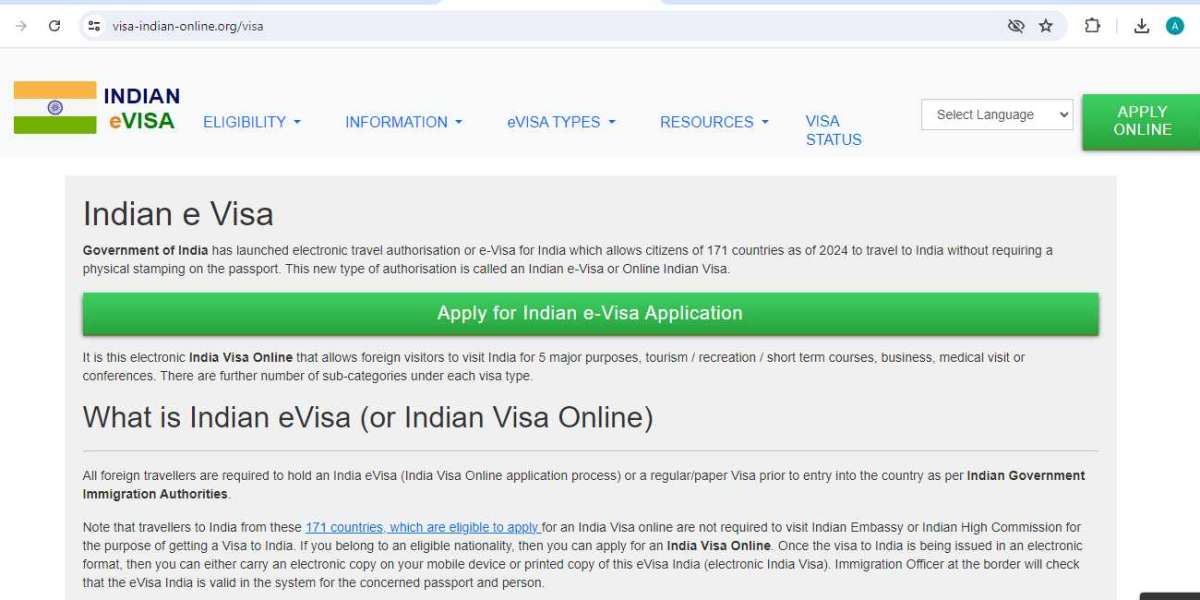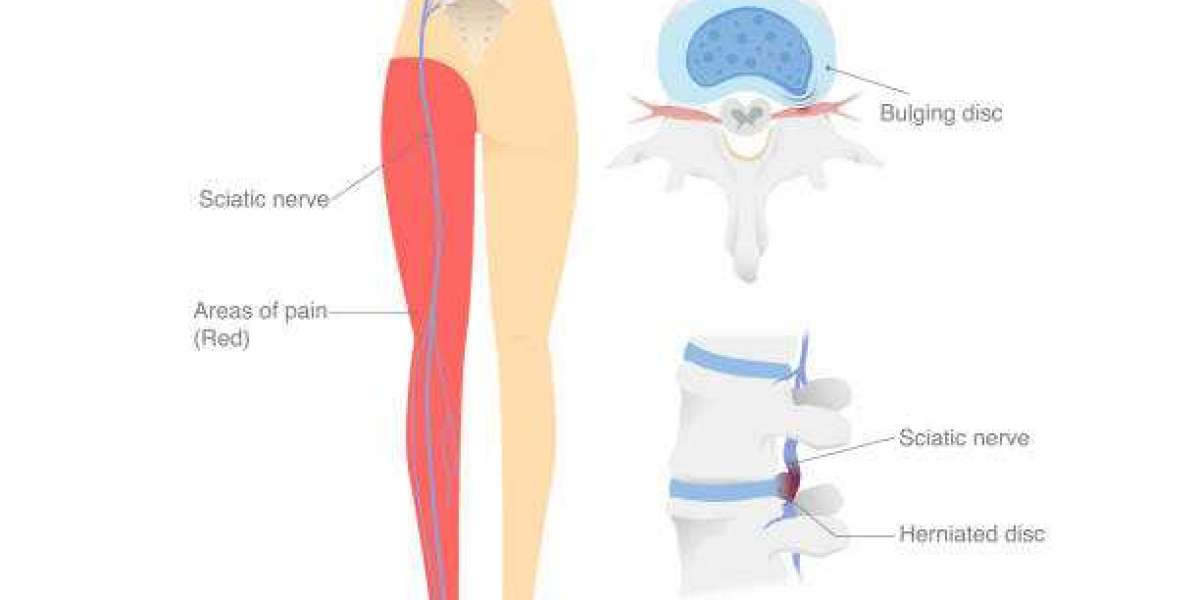Introduction:
Effective communication is the foundation of healthy and meaningful relationships, whether it's with your partner, family members, friends, or colleagues. Good communication skills enable you to express yourself clearly, listen attentively, and understand others' perspectives. In this blog, we will explore essential communication strategies that can enhance your relationships, promote understanding, and resolve conflicts. Let's dive in and discover how to become a better communicator for stronger and more fulfilling connections.
Active Listening: Active listening is a fundamental aspect of effective communication. Practice fully engaging in conversations by giving your undivided attention, maintaining eye contact, and refraining from interrupting. Show genuine interest in what the other person is saying, and respond thoughtfully to demonstrate that you are actively listening. This promotes a sense of validation and understanding, fostering stronger relationships.
Practice Empathy: Empathy is the ability to understand and share the feelings of another person. Put yourself in the other person's shoes and try to understand their perspective, emotions, and experiences. Validate their feelings and show empathy through supportive and non-judgmental responses. This helps create a safe and trusting environment for open communication.
Use "I" Statements: When expressing your thoughts, feelings, or concerns, use "I" statements instead of "you" statements. For example, say "I feel" instead of "You always." "I" statements emphasize personal responsibility and prevent the conversation from becoming accusatory or confrontational. This approach encourages open dialogue and reduces defensiveness.
Be Mindful of Non-Verbal Communication: Non-verbal cues, such as facial expressions, body language, and tone of voice, play a significant role in communication. Be mindful of your own non-verbal signals and how they may impact the message you're conveying. Similarly, pay attention to the non-verbal cues of others, as they often reveal unspoken emotions or intentions. Aligning your verbal and non-verbal communication enhances understanding and promotes effective communication.
Seek Clarity and Ask Questions: If something is unclear or you need further information, don't hesitate to ask questions. Seeking clarity demonstrates your interest and commitment to understanding the other person's perspective. Ask open-ended questions that encourage thoughtful responses and promote deeper conversations. Avoid making assumptions and encourage the other person to express themselves fully. If you are looking for these services Washroom cleaning services | toilet cleaning services near me then helperji is the best service provider in the delhi ncr.
Manage Conflict Constructively: Conflict is a natural part of any relationship, but how you handle it can make a significant difference. Approach conflicts with a calm and open mindset, and avoid getting defensive or aggressive. Practice active listening, validate the other person's feelings, and express your own needs and concerns using respectful and non-blaming language. Strive for win-win solutions and be willing to compromise.
Practice Mindful Communication: Mindful communication involves being fully present and aware in your interactions. It means letting go of distractions, judgments, and preconceived notions. Engage in conversations with genuine curiosity, patience, and kindness. Mindful communication fosters deeper connections, reduces misunderstandings, and strengthens relationships.
Conclusion:
Effective communication is essential for building and nurturing meaningful relationships. By actively listening, practicing empathy, using "I" statements, being mindful of non-verbal cues, seeking clarity, managing conflict constructively, and practicing mindful communication, you can enhance your communication skills and foster stronger connections. Remember that good communication is a continuous process that requires effort, patience, and practice. With dedication and a commitment to improving your communication strategies, you'll experience more harmonious and fulfilling relationships in all aspects of your life.








